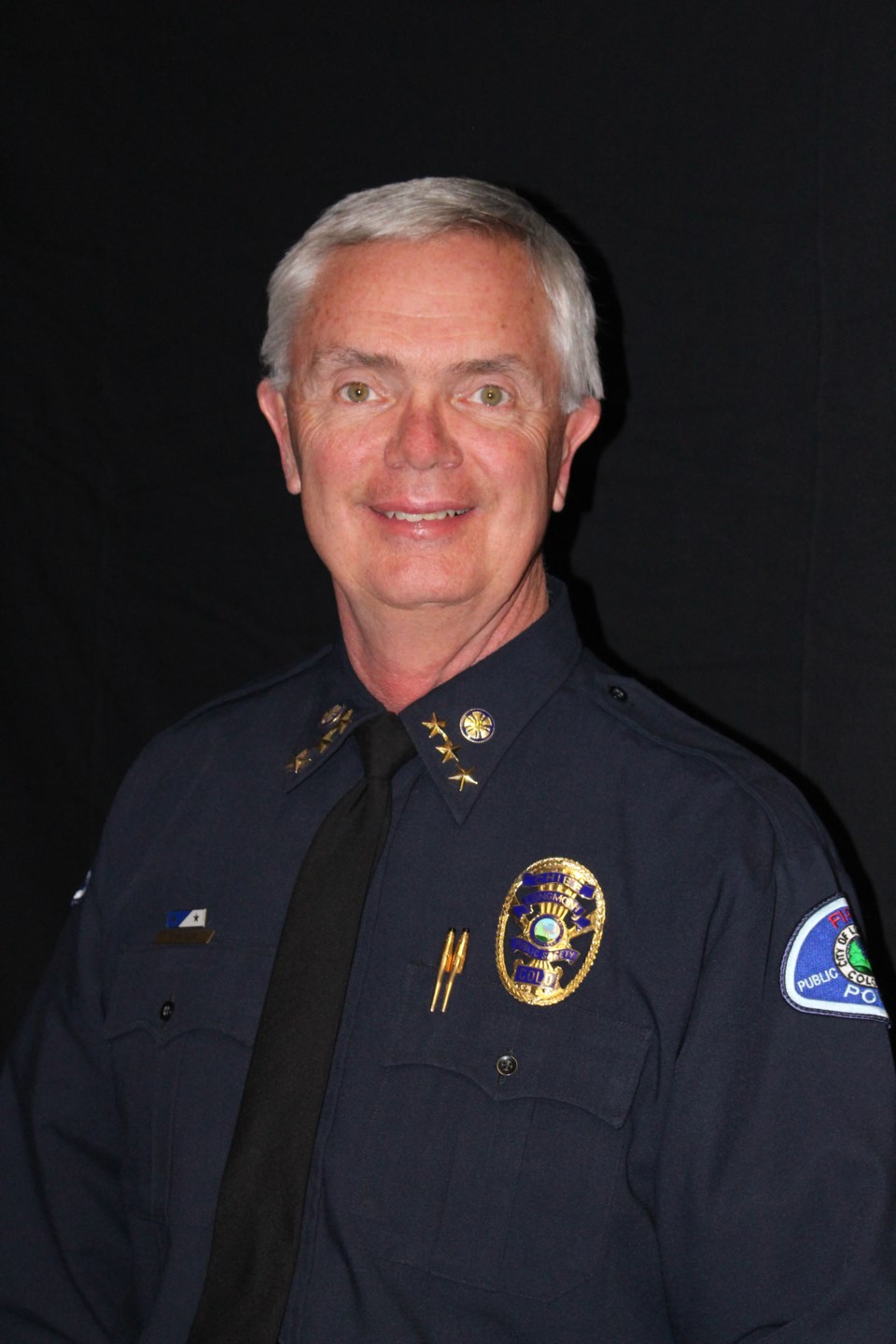Longmont’s last chief of fire and police services said his successor will inherit a department already well-versed in partnering with other agencies and residents in dealing with the causes and prevention of crime.
Longmont’s push to bring in mental health providers and other specialists to do on-the-ground work with patrol officers took years to develop and went against the grain of traditional policing, said Mike Butler, who served as head of public safety for 26 years before he retired last July.
“We did a lot of that transitional work in Longmont over the past 20 years,” Butler said. Officers dove into community policing work in local neighborhoods to get to know residents and business owners. The department then developed programs that brought in mental health providers to assist police out in the field, he said.
Longmont’s Crisis Outreach Response and Engagement team, or CORE, was formed three years ago and is made up of a police officer, paramedic and mental health clinician who respond to a scene to assess whether an individual needs diversion to a mental health care facility, according to the city.
The CORE team prevents “unnecessary legal system involvement, incarceration and/or hospitalization of individuals with behavioral health needs,” the report states.
Another program introduced under Butler’s tenure is LEAD, or Public Safety Law Enforcement Assisted Diversion, which allows police officers the discretion to divert people into intensive community-based services who otherwise would be arrested and sent to jail, according to a staff report.
Both programs emphasize a broad-based, community-wide approach to dealing with mental health and addiction programs that in the past simply would have resulted in jail time for residents, Butler said.
Other police departments are starting to look at those approaches as they deal with upheavals and workloads in their own communities, he said.
“Police departments have to figure out how to disconnect from the criminal justice system and connect more with communities,” Butler said. “And communities are now rethinking how they are going to respond to what’s going on in their communities.”
Communities also have to be responsible to make their police departments better and more responsive, Butler said.
“Citizens can no longer blame institutions and leadership and then in the same breath declare their own innocence in what is going on,” Butler said.
Butler said the police department changed its approach to policing by asking community members to take on more responsibility around public safety.
“The biggest mistakes police have made over the several decades, and the mistakes communities have made, is that everyone decided to let police handle all of those social issues,” Butler said. “Police need to refocus the emphasis on building relationships and building partnerships.”
Butler declined to comment on the four men vying for the head of public safety. City Manager Harold Dominiguez continues to work several evaluations of the four candidates, said assistant city manager Sandi Seader in an email.
The final pick is scheduled to be made this month.
The four are:
- Zach Ardis, currently the executive director Policy, Planning and Public Safety in Commerce, Georgia.
- Kenneth Chavez, a retired Denver Police Department lieutenant.
- Manny Almaguer, an assistant Denver fire chief in charge of the department’s operations division, and
- Michael Marino, currently an assistant chief in the Prince George’s County, Maryland, Fire/EMS Department.
In a public forum in June, all four emphasized the importance of community partnerships and collaborating with groups to address crime.
Butler said police departments and municipalities need to tap into the “goodness” of community members to help build stronger and better places to live. “I’ve always made a point that great communities aren’t necessarily made up of great leaders or specialize help,” he said. “Great communities are made up of great citizens bringing in their gifts and talents and expertise.”



